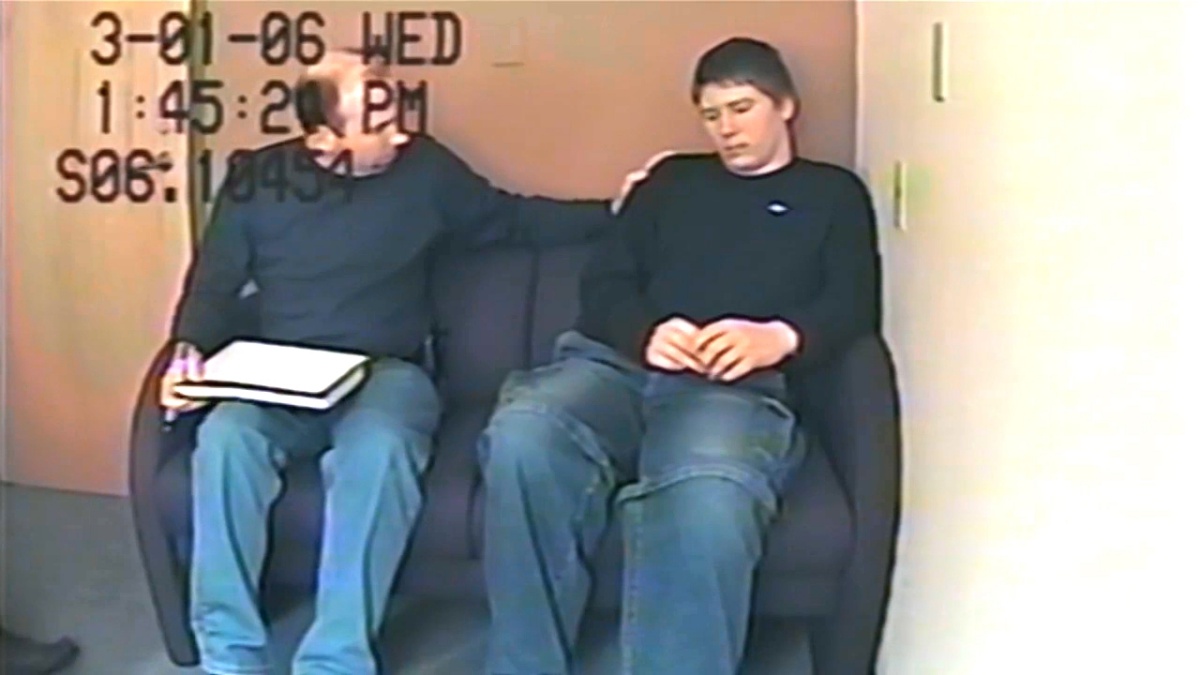SCOTUS Refuses to Hear Appeal for Brendan Dassey from Making a Murderer

The Supreme Court of the United States has ruled against hearing an appeal for Brendan Dassey, who is currently serving a life sentence for the 2005 murder of Teresa Halbach, according to the AP.
The case gained international attention due to the popularity of the Netflix documentary detailing the events, Making a Murderer. Brendan Dassey, who was 16 at the time, was accused and convicted of helping his uncle, Steven Avery, in the rape and murder of Teresa Halbach in 2005.
What made the case so compelling was that Avery has previously spent 18-years in jail for rape, only to be eventually proved innocent via DNA evidence. So when he was tied to the Halbach case, he claimed it was a corrupt police force that was out to get him and the evidence was planted. When his scrap yard and home were searched for evidence they found “Halbach’s car key in Avery’s bedroom, Avery’s blood in Halbach’s car, Avery’s DNA on the hood latch to Halbach’s car, and the burned remains of Halbach’s electronic devices and of Halbach herself in a burn pit and a burn barrel near Avery’s trailer.”
It can be argued that Avery seemed the most likely suspect in the murder, but the circumstances around the evidence and how it was collected, not to mention his previous experience with the police force and community in that area, generated many questions and a Netflix experience that left viewers riveted.
Then there’s Avery’s nephew Brendan Dassey, the issues concerning him, and why so many people have been fighting for an appeal: this was because he was a minor at the time he gave his “confession.” The prosecution claims that Dassey gave it up voluntarily, but knowing how young Dassey was, and the fact that he has developmental issues, to have the police question him for such a long amount of time without a lawyer being present is suspect as hell. Not to mention the coercive way the questions were asked and the way Dassey clearly has no idea the consequences of what he’s saying.
“Juveniles and those with intellectual deficits are at particular risk of confessing involuntarily — and often falsely — under the strain of coercive police tactics,” said Seth Waxman, a former U.S. solicitor general who pressed the Supreme Court to hear Dassey’s appeal.
There was also no physical evidence linked Dassey to the crimes—just his statements—that led to his conviction.
Even those who do believe that Avery is guilty have shown some real concern about the way Dassey’s case was being handled. When the first appeal was heard, back in June of 2017, according to The Rolling Stone, the state court voted a 4-to-3 margin, that Dassey’s confession was not coerced: “The state courts’ finding that Dassey’s confession was voluntary was not beyond fair debate, but we conclude it was reasonable.”
However, Judge Ilana Diamond Rovner, in her dissenting opinion, said that “his confession was not voluntary and his conviction should not stand, and yet an impaired teenager has been sentenced to life in prison. I view this as a profound miscarriage of justice.”
This decision by the court led to the case being taken all the way up the Supreme Court, who ordinarily only hear one to two percent of petitions. Therefore, their decision to not hear the Dassey trial is not unusual.
Still, it means that this final way to get Brendan Dassey out of jail is not viable unless some evidence comes up that can grant him a new trial. Dassey’s legal team released a statement: “Today’s ruling contravenes a fundamental and time-honored position of the United States Supreme Court: interrogation tactics that may not be coercive when applied to adults are coercive when applied to children and the mentally impaired.”
Dassey has currently spent 12 years in prison and is now 28 years old. He’s eligible for parole in 2048 when he will be 58. While the courts have ruled that it is a cruel and unusual punishment to sentence juveniles to life without parole, Dassey will still spend a majority of his life behind bars. Steve Avery is also serving a life sentence without the possibility of parole for the murder.
What do you think of the Supreme Court’s decision? Do you think Brendan Dassey’s confessions were obtained validly?
(via AP, image: Netflix)
Want more stories like this? Become a subscriber and support the site!
—The Mary Sue has a strict comment policy that forbids, but is not limited to, personal insults toward anyone, hate speech, and trolling.—
Have a tip we should know? tips@themarysue.com